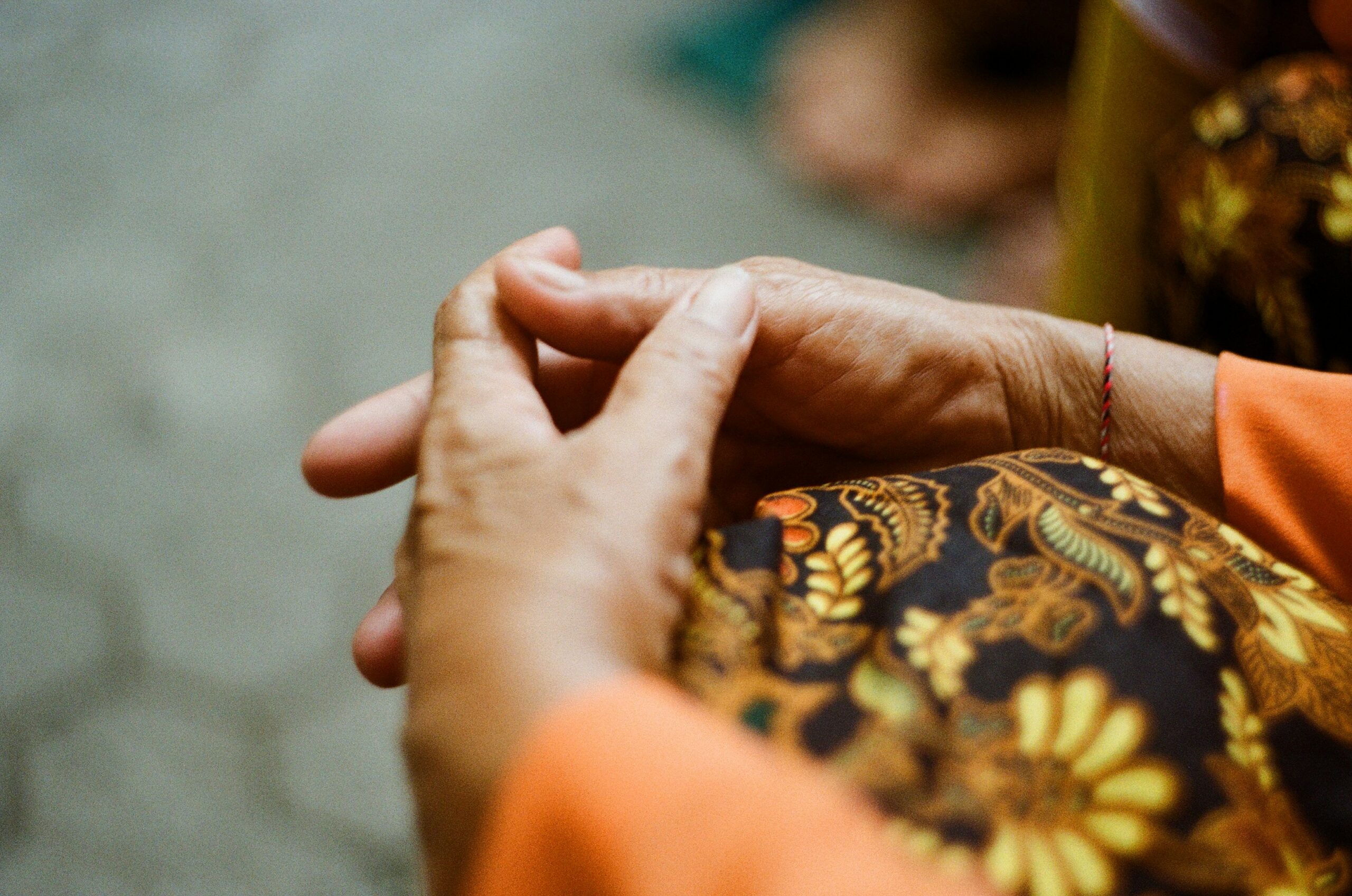Editorial
Dispatches From The Short Bus: A Talk With Jonathan Mooney
Once told he would never be anything more than a dishwasher, author Jonathan Mooney has not only come to terms with his cognitive differences, but graduated from an Ivy League university and now aims for nothing less than a learning revolution.
Jonathan Mooney wants you to start rethinking education. He wants to replace the “chalk-and-talk” days of yesteryear with more individualized narrow cast learning; the “sage on the stage” to a facilitator where the learning is largely inquiry-based.
High goals indeed for the highly-regarded author of the acclaimed book, The Short Bus. IT.
“Schools prepare generalists for a world of specialists,” he says. “About 85 per cent of all jobs use only grade eight math, but require degrees.”
Mooney states the time is right to re-imagine the future of education, which he sees strength-based and student-centred.
The premise is that America has been having the educational reform conversation, which is about performance and teacher evaluations and so on, but it’s not about the most important thing: learning reform.”
He sees the current state of education as a 19th century approach in a 21st century world.
“Folks learn when education is relevant to their lives and when they have chosen their own educational path,” he emphasizes.
Much of this is the thrust of a new book, his third, Redrawing the Lines: Dispatches From the Front Line of the Learning Revolution, which re-imagines where education can go, and the changes it must make if it is to remain relevant and impactful.
The book may have its roots in the missing pieces of his own childhood education, where, finally diagnosed with dyslexia and ADHD at age eight, he finally started making inroads towards reading at the age of 12.
“I was pretty much a text book case when it came to dyslexia,” he says. “I don’t really read well and in the traditional grammatical sense, I’m not that good at writing either.”
He recalls with a touch of sadness in his voice, how, as a child, the expectation was for him to sit still in class. Unfortunately, it wasn’t long before his ADHD dropped in to say hello for the day.
“Pretty soon both feet would be bouncing, and after about 30 minutes, I’d bust out the drums. About a minute later, I’d be trying to wrap my leg behind my neck.” Pretty shortly after I’d be sent down to the principal’s office.
He spent so much time sitting outside of the principal’s office, he became good buddies with the school janitor.
But the message he received from the experience was a little more dire: If you don’t sit still, you’re a bad kid. The cultural norms were, if you didn’t read, you were considered a dumb kid.”
I was in the slow reading group, See Spot Run and all that. Half the time I’d be making fun of my situation; the other half of the time I’d be hiding in the bathroom to avoid reading out loud.”
It’s a fascinating paradox then, that the kid who didn’t want to see Spot run, was not only accepted into an Ivy League school, but went on to major in English Literature as well.
He accounts for the irony in two ways. “One, is kind of pragmatic, he says. I was gonna prove people wrong and show that I could work at the highest level and graduate with a 4.0. The other, more important reason, is that my strengths were story telling, ideas. I was supported by a range of teachers from grade three all the way into college and encouraged to engage in the logistics of literature. I had teachers who said I could engage in the highest levels of literature even if I didn’t read. They handed me books on tape and said, go learn it. Even though my reading and writing weren’t great, I had other strengths—thinking and understanding—that I could do well.”
He has stated that he believes his kind of challenges are largely context-driven. “The same trail that gets you into trouble in school is the same stuff that helps you succeed in the corporate context.”
And succeed, he has. As a consultant, he’s worked with Exxon and The United Way and helped them to realize the benefits of neurodiversity in the workplace by facilitating groups and nurturing youth development.
He’s also the co-founder with Bill Flink, of a national non-profit mentoring program, Project Eye-to-Eye, which has paired thousands of high school kids with LDs and ADHD with college students who act as role models, mentors and guides. The wildly successful program has been steadily growing over the years with chapters in well over a dozen states.
“The program’s vision is pretty simple,” he continues. “The idea is that young people who are going through a hard school experience need a positive vision of the future. The natural way to do that seemed to bring living, breathing role models together with younger people. The program strives to give hope through mentoring.”
“The holy grail of this work is positive self concept,” he says. “Parents can tell their kid is smart, but they’re the wrong messenger. “The program’s vision is pretty simple,” he continues. “The idea is that young people who are going through a hard school experience need a positive vision of the future. The natural way to do that seemed to bring living, breathing role models together with younger people. The program strives to give hope through mentoring.”
But mentoring is just one component in a future ripe with educational possibilities. Mooney points to charter schools as one potential model. We chat about individualized and applied degrees before the conversation turns to technology’s role in educating kids with LDs.
“Technology allows a classroom to be flipped. The traditional model emphasized time broadcasting information with a minimal amount of time applying that. Technology fosters inquiry-based learning and becomes narrow cast. It allows students to work according to their learning style and at their own pace. It also frees the teachers up to connect with students and frees them to facilitate an inquiry-based learning experience where real learning happens.” And that’s perhaps Mooney’s greatest focus right now: nothing less than a complete learning revolution that’s student focused, inquiry based and future-viewing. “The emphasis has always been on “fix the kid, not the environment,” says Mooney. “Our big challenge is to change the dominant way we educate young people. We need a learning revolution.”




